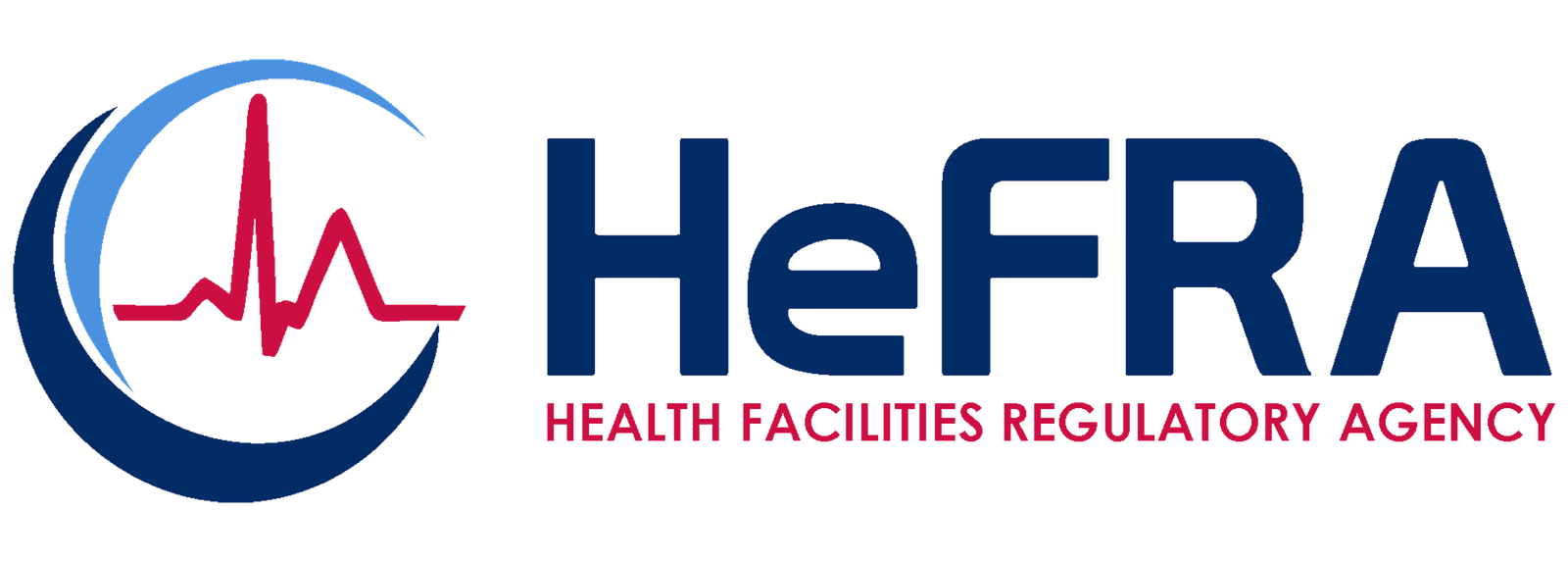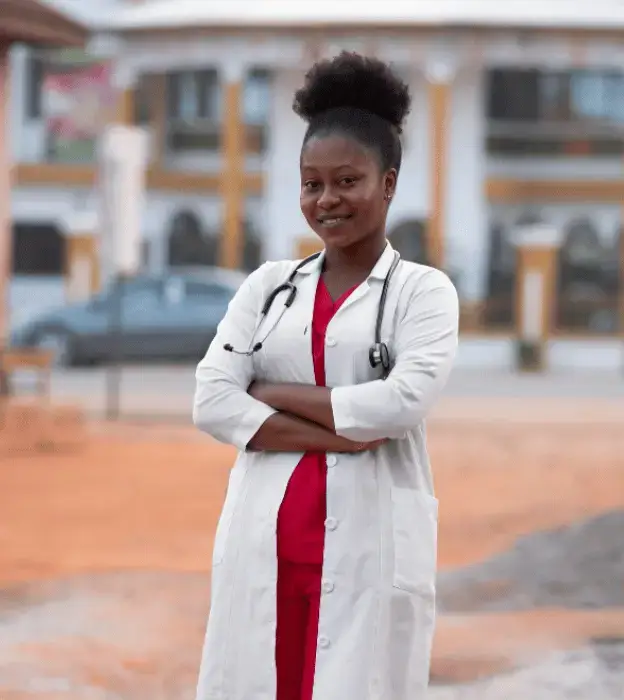
Ghana’s Blood Group Bible | Busting Myths, Saving Lives – From O+ to AB- 🩸
Blood groups are a critical aspect of human biology, influencing medical procedures, marriages, and even myths in our communities. This guide addresses common questions, concerns, and myths about blood groups in simple terms, empowering Ghanaians with accurate knowledge.
Images are only illustrative; may not pass an academic critique
What Are Blood Groups?
Your blood group is determined by the presence or absence of specific antigens (proteins) on red blood cells. The two main systems are:
- ABO System: Blood types are A, B, AB, or O.
- Rh System: You are either Rh-positive (e.g., A+) or Rh-negative (e.g., O-).
Your blood group is inherited from your parents. For example, if both parents have blood group O, their child will also be O. A genotype table can predict possible blood groups based on parental combinations.
Images are only illustrative; may not pass an academic critique
Common Questions Answered
1. Can Blood Groups Change?
No, your blood group remains the same for life. However, rare medical conditions (e.g., bone marrow transplants) might alter it.
2. Who Can Marry Whom?
Blood group compatibility for marriage focuses on preventing Rh incompatibility (if a mother is Rh-negative and the baby is Rh-positive). However, same blood groups can marry with proper medical guidance. For example:
- O+ can marry O+ or other compatible types.
- Blood group genotype compatibility (e.g., AA, AS) is more critical for preventing sickle cell disease.
- If a woman is Rh-negative (-) and her partner is Rh-positive (+), there may be complications if the baby inherits the Rh+ factor. This can lead to a condition called Rh incompatibility, which can cause serious health problems for the baby.
- Fortunately, a medical injection called RhoGAM can prevent these issues. Couples should check their blood groups before pregnancy and consult a doctor if necessary.
3. Universal Donor and Recipient
- Universal donor: O- can donate to all blood types.
- Universal recipient: AB+ can receive from all types.
4. Blood Groups and Health
- Sickle cell disease is linked to genotype (SS, AS), not blood group.
- Malaria resistance: Some studies suggest blood group O may offer slight protection.
- Fertility and miscarriage: Blood groups do not directly affect fertility, but Rh incompatibility can complicate pregnancies.
Images are only illustrative; may not pass an academic critique
Debunking Myths
Myth 1: “Your Blood Group Dictates Your Diet”
There’s no scientific proof that foods like groundnut or specific diets suit certain blood groups (e.g., B+ or O+). Eat a balanced diet unless advised otherwise by a doctor.
Myth 2: “Blood Groups Affect Personality”
Traits like being “strong” (O+) or “stubborn” (B+) are cultural myths. Blood groups do not influence personality.
Myth 3: “Blood Group Determines Genotype”
Your genotype (AA, AS, SS) is separate from your blood group. For example, genotype AA can have blood group A, B, or O.
Myth 4: “Mosquitoes Prefer Certain Blood Groups”
While some claim mosquitoes favor O or B groups, evidence is inconclusive. Use mosquito nets and repellents regardless of your blood type.
Images are only illustrative; may not pass an academic critique
Additional Myths
Myth: “People with blood group O+ cannot marry each other.” Fact: O+ people can marry and have healthy children. Rh incompatibility is only a concern when one partner is Rh-negative (-).
Myth: “Eating a special diet based on blood group is necessary.” Fact: No diet is proven to work better based on blood group. Healthy eating is key for everyone.
Myth: “Blood group determines life expectancy.” Fact: Blood type does not decide how long someone will live. Good health practices matter more.
Why Blood Groups Matter
- Medical Emergencies: Knowing your blood group speeds up transfusions.
- Pregnancy: Rh-negative mothers may need injections to protect future pregnancies.
- Marriage: Couples should test for genotype (to avoid sickle cell) and Rh compatibility.
How to Check Your Blood Group
- Visit a clinic or lab (blood group test near me) for a simple finger-prick test. Some pharmacies also sell home test kits.
- Donate blood; The National Blood Service Ghana provides free blood group testing for donors.
- Check past medical records: Sometimes, blood type is recorded after medical procedures or childbirth.
Images are only illustrative; may not pass an academic critique
Blood Group Compatibility for Marriage
Use a blood group chart for marriage to understand compatibility. For example:
- A+ can marry A+, O+, or AB+.
- Always cross-check with genotype tests to avoid sickle cell risk.
Blood Group Compatibility: Who Can Donate or Receive Blood?
Not every blood type is compatible. This is crucial in blood transfusions and emergencies:
· O- is the universal donor, meaning anyone can receive O- blood.
· AB+ is the universal recipient, meaning a person with this type can receive blood from any group.
· O+ is the most common blood type in Ghana, and it can donate to any Rh-positive group (A+, B+, AB+, O+).
· Matching the wrong blood type can cause severe reactions, which is why hospitals carefully check before transfusions.
The Importance of Blood Donation
Blood donation saves lives, yet Ghana often faces shortages. Many patients in hospitals—especially accident victims, pregnant women, and those with sickle cell disease—need blood urgently. If you are healthy and eligible, consider donating regularly.
Who can donate blood?
· Healthy adults aged 17-60 years.
· People who weigh at least 50kg.
· Those without infections like malaria, hepatitis, or HIV.
By donating blood, you help save lives and also receive a free health checkup.
Images are only illustrative; may not pass an academic critique
Addressing Concerns
- Blood Group Change During Pregnancy: Your blood group stays the same, but Rh-negative mothers need anti-D injections.
- Rare Blood Groups: Bombay blood group is extremely rare. Donors should register with hospitals.
- Blood Group and HIV: No blood group is immune to HIV. Practice safe habits.
The Role of Genotype
Your genotype (AA, AS, SS) determines sickle cell risk, not your blood group. Couples with AS genotypes have a 25% chance of having a child with sickle cell disease.
Images are only illustrative; may not pass an academic critique
Conclusion
Blood groups are vital for health and marriage planning, but myths often cloud the facts. Always:
- Test your blood group and genotype.
- Consult doctors for pregnancy or transfusion advice.
- Ignore unscientific claims about diets or personality.
By understanding your blood group, you make informed decisions for yourself and your family.
Keywords covered: Blood group antigens, genotype table, universal donor (O-), universal recipient (AB+), Rh factor, sickle cell, malaria resistance, blood group compatibility for marriage, genotype compatibility, Bombay blood group, blood group test near me, diet myths, Rh incompatibility, pregnancy, HIV, mosquitoes, home test kits.
Stay informed, stay healthy!
- Sickle Cell Strong: Empowering Ghanaians with Knowledge and Practical Solutions 🩸🔴🤕
- Silent Fatigue, Loud Solutions: Ending Anaemia’s Reign on Ghanaians 🩸🆘
- Self-Medication and Its Dangers in Ghana ⚠️💊💉
- Medical Laboratories In Ghana – Part 1 🔬🧪🧫
- Health Insurance Policies in Ghana for the Ordinary Ghanaian: A Complete Guide 🏥💊🛡️

We Love to Educate for Free
But please do not self-medicate as wrong doses of even correct medications can cause serious complications like kidney failure and even death. You can talk to a LICENSED health professional (including medical doctors, specialists, physician assistants, clinical psychologists, nutritionists/dieticians, medical herbalists, etc) by downloading the Deluxe Hospital app here:










